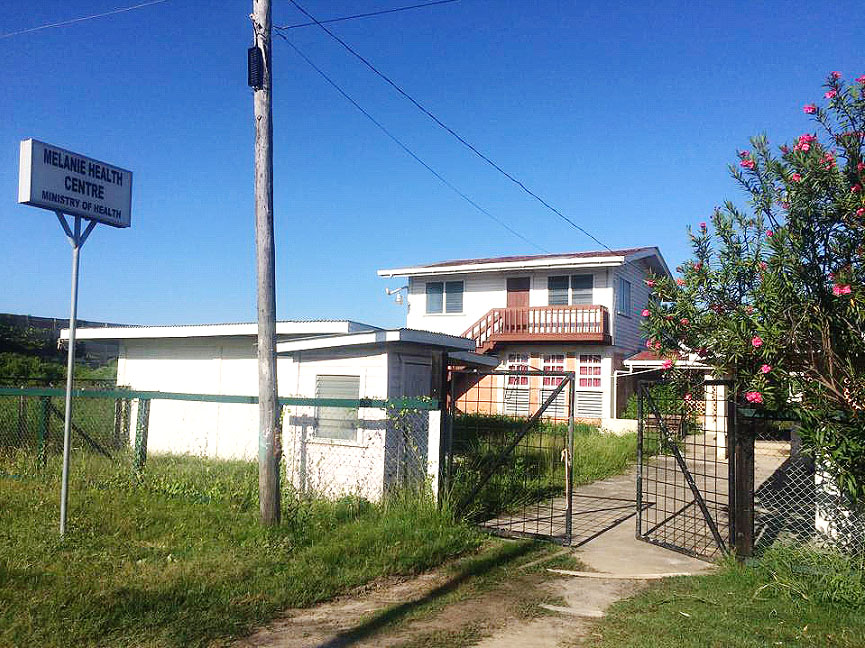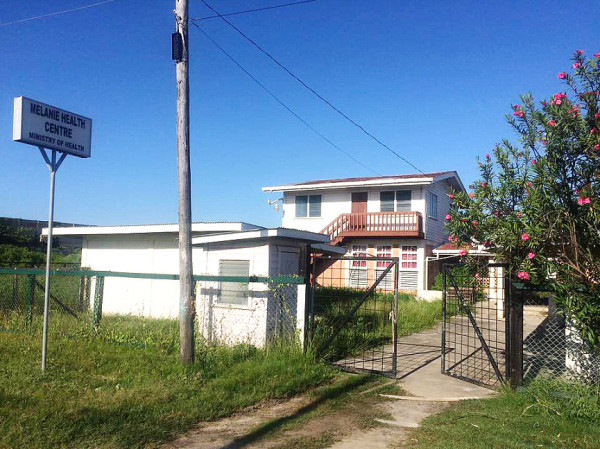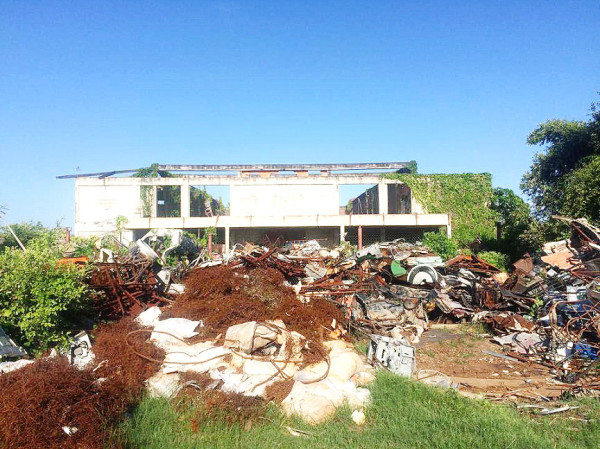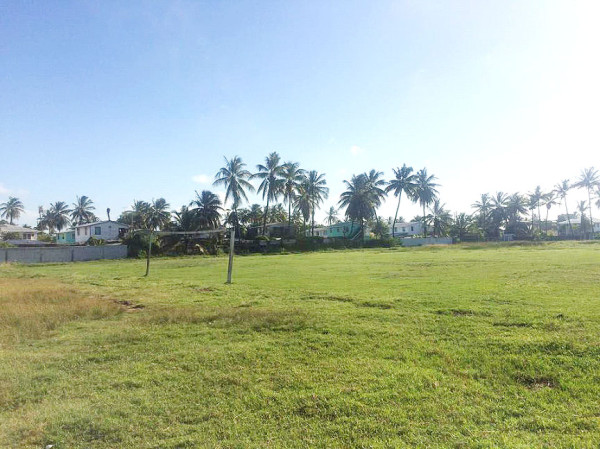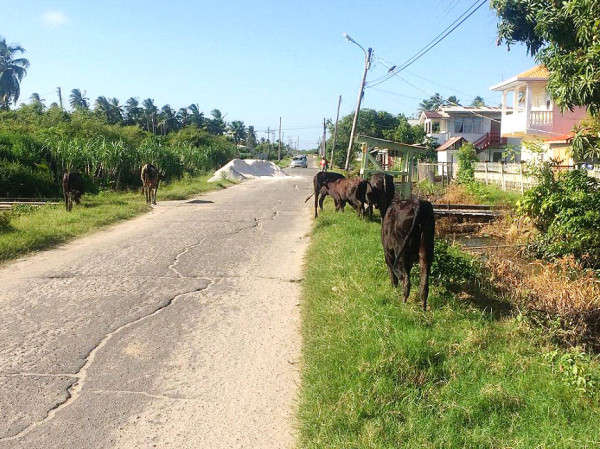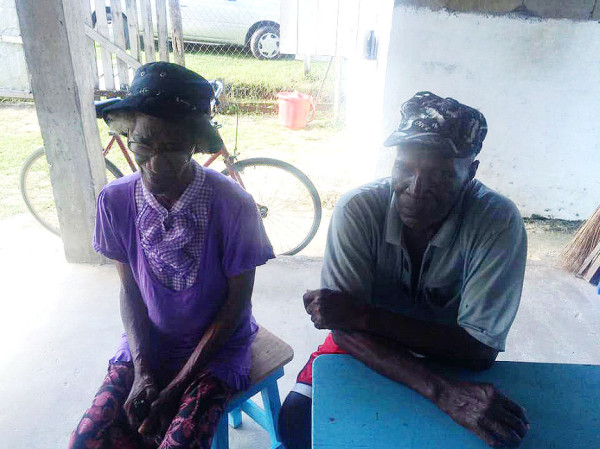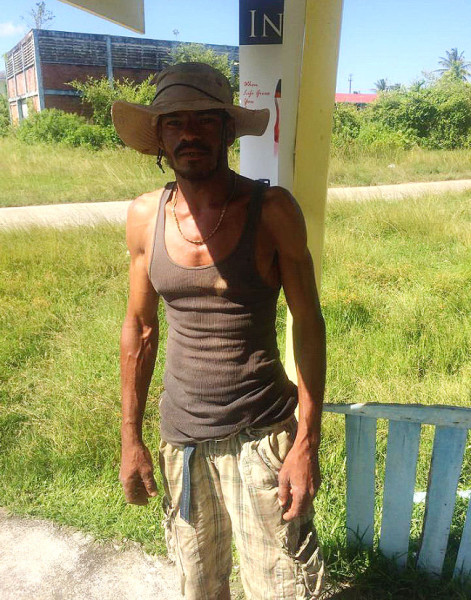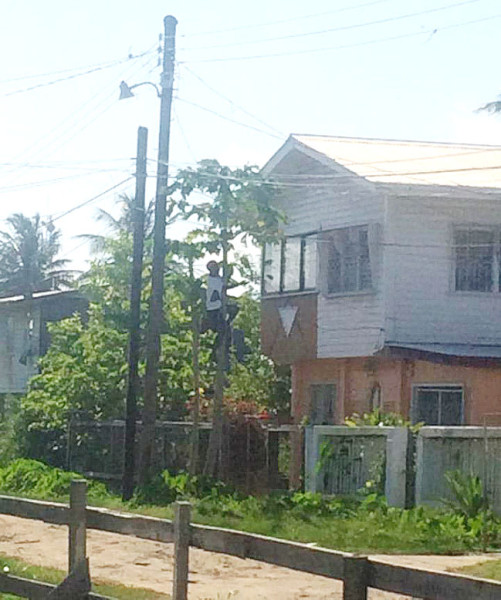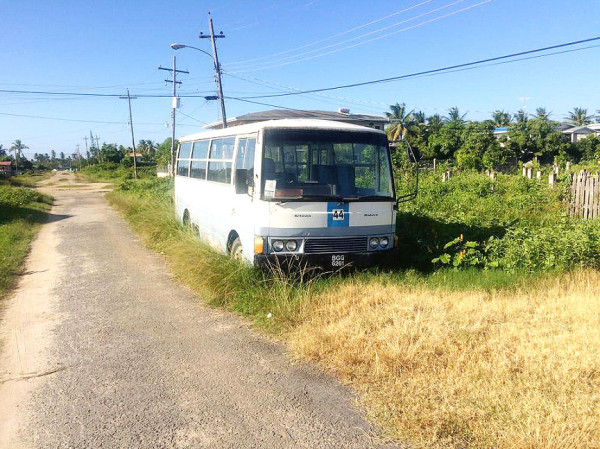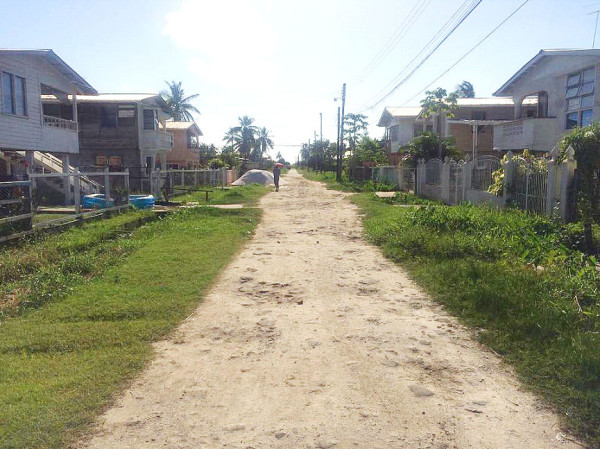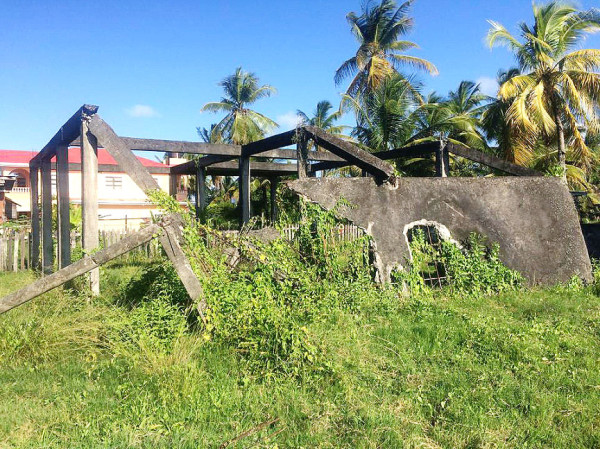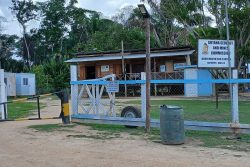Story and photos by Dhanash Ramroop
A 20 minutes’ drive from Georgetown along the East Coast of Demerara takes you to the former hidden paradise of Elizabeth Hall.
While the name Elizabeth Hall is foreign to the tongue and heads of the younger folks in the area, the older ones still recall when the area began as a bushy rice field that had no signs of life. Now, in present time, a drive through the area would show a vast scheme packed with a lot of tall, developed houses. That part of the area was sectioned off and renamed Melanie Damishana. But the entire surrounding area is still called Elizabeth Hall, according to the Gazetteer of Guyana.
But it wasn’t always like that, Ronald James, 67, who has lived in the area since its development told The World Beyond Georgetown how the community was a paradise for its residents and all of the surrounding areas.
“I remember everything. I remember like it was just yesterday. I came down from Linden and moved to Georgetown in 1977. The area had already started its first phase development in 1976 and I moved in a year later. The entire Elizabeth Hall stretched from Enterprise Road to Nonpareil,” the man said as he reminisced about the starting years of the scheme. He said that the scheme was initially a rice field before the development had started. He and another elder of the community, Francine White, recalled how the two of them and 24 other people were issued land in the area from the government.
“It was $9,000 back then. We paid $9,000 for the land and a little more to build our houses. We all got a year off from our jobs; a year with pay, yes. It was self-help, you see. We all built this community here with our hands,” White said.
As the years went by and the area developed tremendously, the two village elders recalled when the community was the bustling shopping hub for the entire East Coast. “It was iconic, beautiful everywhere. I remember the days of the Shopping Plaza where you could’ve found everything in one place. We didn’t have to go to town for anything, you know. Everything and everyone came here,” James and White recalled. They said the Shopping Plaza, which is now abandoned and left as a historic memory of the community, was always busy. “It had a bank, different little stores that would sell any and everything. It just had everything, even a little disco upstairs that would hold dances every weekend that everyone would go to,” James said.
Opposite the now forgotten plaza is an old mini market that has survived through the years. James said the market has been there since the days of the plaza and was the only thing that has remained throughout.
“After flour was banned, it slowly went out of business. People stopped coming and it eventually shut down,” he said, dubbing it the best local shopping centre that the country had ever seen. He said that back in those days everyone was united and there were no issues of racism and the Shopping Plaza influenced that since it brought everyone together.
The plaza wasn’t the only place of pride in the village as there was a huge cinema that has now been turned into a scrap iron centre. James recalled the days of the mega cinema that attracted visitors from all parts of the coast. The cinema’s building is now broken and overrun by vegetation and someone has turned it into a scrap iron yard.
“It was always clean, all the time. I remember when the Kabaka [a name residents of the area used to call former president Linden Forbes Burnham] used to ride around on his horse and encourage everyone to clean and we all, of course, used to listen. This one time he came driving through the road so which was named Burnham Drive after him and he saw some youths fishing in the trenches, and he said ‘put them back now’ and they dropped them right away,” James recalled.
He said the rearing of cattle and other animals was not allowed in the area as the village was heavily focused on crops and fruits.
“It is the first co-op village you know, it was built to be what the way it was in the past. The police officers occupied the lots in the front, the civilians in the middle, and the soldiers in the back. We were always protected. It was a paradise. Even when we were building our houses the soldiers used to cook for us and give us lunch at 11 am every day,” White said.
“As much as things have not increased positively for a while, I have never thought of leaving here. It’s beautiful, always is and always will be to me,” he said.
While back in the past the majority of the residents of the area relied on cash crop and fruit farming as their income, the area has changed drastically over the years as most residents have abandoned the farming life and have embraced the corporate one.
“I could remember in the early days when I was about eight or so and my father was a soldier. He used to come with a truck and till from Coldigen he used to blow his horn peep! Peep! Peep! And we would all sit on the stairs and yell ‘mommy, mommy, look daddy coming.’ We could’ve seen and heard him from two villages away and look at how many houses are in the community now,” Kevin Ridley, a man who grew up in the area said.
The 47-year-old man who still relies on his farming shared his experience of growing up in the area. “The area was always beautiful. Trees and gardens everywhere, and you could’ve even ketch fish in the trenches. I remember I din like school at all and I used to go ketch fish, even in my school clothes,” he smiled as he joyously recalled how fun his childhood was growing up in the area.
With the sectioning of the area, Elizabeth Hall slowly began to lose its identity as most of its “special features” that made it a “paradise” have slowly faded away, James said.
He said the bad things that currently trouble the community are the clogged drains, damaged roads and increase in petty crime.
